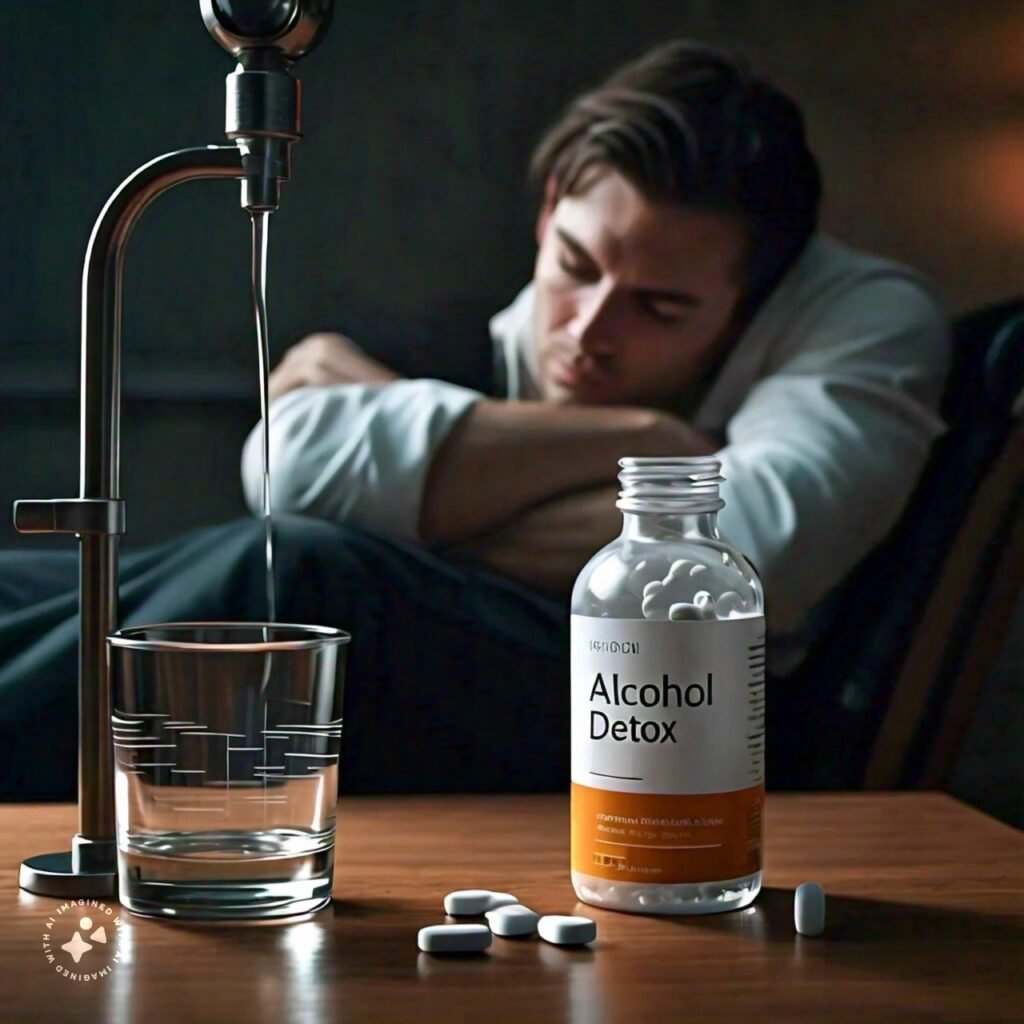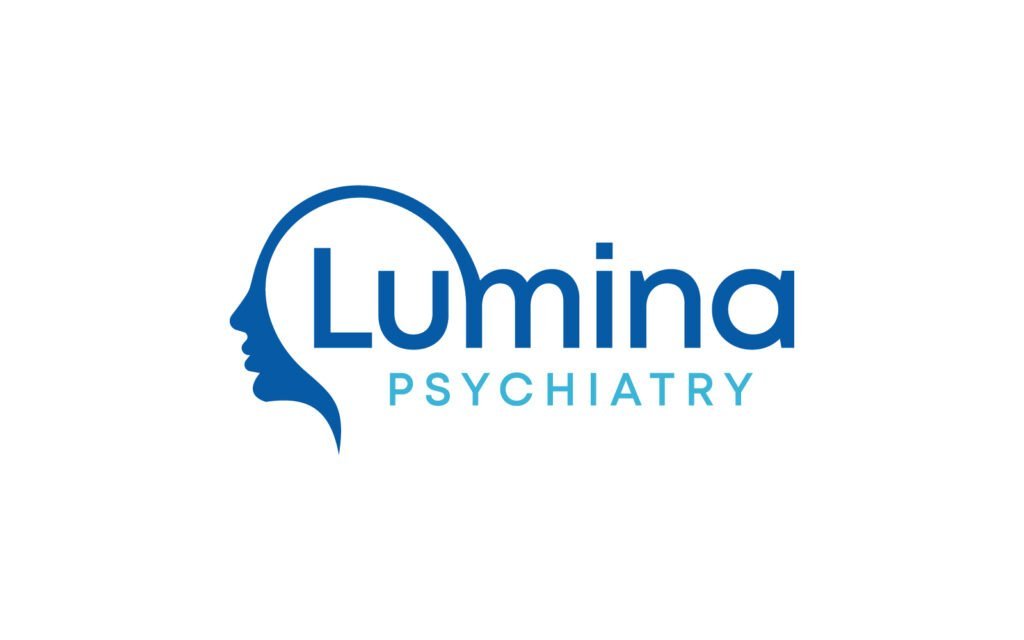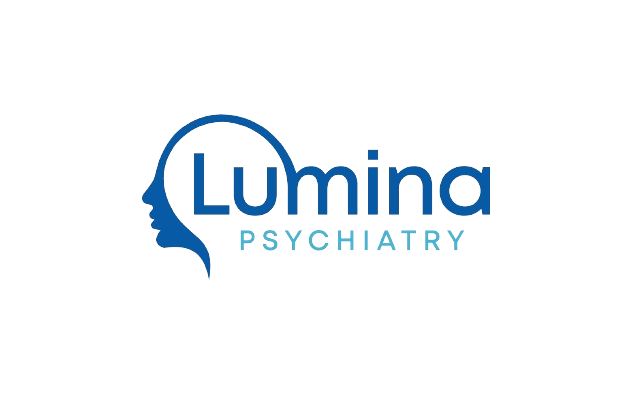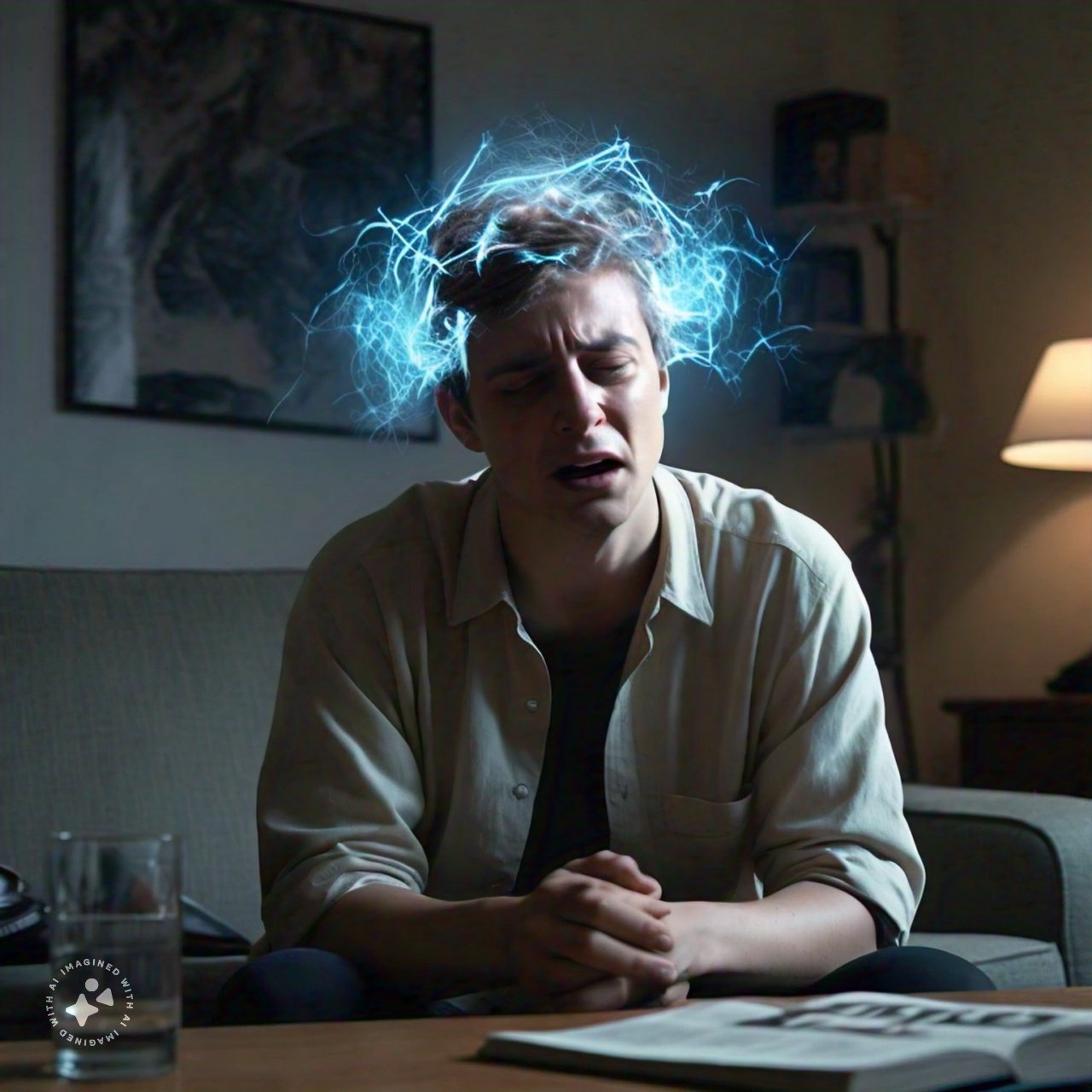Alcoholism, or Alcohol Use Disorder (AUD), often co-exists with other mental health disorders, creating complex treatment challenges. Addressing both alcoholism and co-occurring disorders simultaneously is crucial for effective recovery. Lumina Psychiatry specializes in integrated treatment plans that cater to the unique needs of individuals facing these dual diagnoses.
Common Co-Occurring Disorders
Depression

- Prevalence: Depression is one of the most common co-occurring disorders with alcoholism. Studies show a significant overlap between the two conditions. Approximately one-third of people with major depression also have an alcohol problem.
- Symptoms: Persistent sadness, loss of interest in activities, changes in appetite and sleep patterns, and feelings of hopelessness. These symptoms can vary in intensity and duration, impacting daily functioning and quality of life.
- Impact on Alcoholism: Depression can exacerbate alcohol dependence, creating a vicious cycle where drinking worsens depression and vice versa. This cycle can lead to increased alcohol consumption as a coping mechanism, further deepening the dependence.
Anxiety Disorders
- Types: Generalized Anxiety Disorder (GAD), Panic Disorder, Social Anxiety Disorder, and Post-Traumatic Stress Disorder (PTSD). Each type presents unique challenges and symptoms.
- Symptoms: Excessive worry, panic attacks, social withdrawal, flashbacks, and hypervigilance. These symptoms can lead to significant distress and impairment in social, occupational, or other important areas of functioning.
- Impact on Alcoholism: Individuals may use alcohol to self-medicate anxiety symptoms, leading to increased dependence and difficulty in stopping. This self-medication can mask underlying anxiety disorders, making diagnosis and treatment more challenging.
Bipolar Disorder
- Characteristics: Characterized by extreme mood swings, including manic and depressive episodes. These mood swings can range from high-energy mania to deep depression.
- Symptoms: Manic episodes include elevated mood, increased energy, and impulsive behavior; depressive episodes mirror those of depression. The rapid shifts between these states can be destabilizing and disruptive.
- Impact on Alcoholism: Alcohol can intensify mood swings, making management of bipolar disorder more challenging and increasing the risk of substance abuse. The use of alcohol during manic episodes can lead to reckless behavior, while during depressive episodes, it can exacerbate feelings of hopelessness.
Integrated Treatment Plans

Importance of Integrated Treatment
Treating both alcoholism and co-occurring disorders simultaneously provides a comprehensive approach to recovery. This ensures that all aspects of a patient’s health are addressed. Integrated treatment plans have been shown to improve patient outcomes, reducing relapse rates and enhancing overall well-being. Patients are more likely to adhere to treatment and achieve long-term sobriety.
Lumina Psychiatry’s Approach
Lumina Psychiatry develops customized treatment plans based on individual needs, considering the specific co-occurring disorders present. Each plan is tailored to address the unique challenges faced by the patient. A team of psychiatrists, psychologists, and addiction specialists work together to provide holistic care. This collaborative approach ensures that all aspects of the patient’s health are considered. Therapeutic interventions include a combination of Cognitive Behavioral Therapy (CBT), Motivational Interviewing (MI), and other evidence-based therapies to address both conditions. These therapies help patients develop coping strategies, improve mental health, and reduce dependence on alcohol.
Medications for Co-Occurring Disorders

Antidepressants
- SSRIs and SNRIs: Selective Serotonin Reuptake Inhibitors (SSRIs) and Serotonin-Norepinephrine Reuptake Inhibitors (SNRIs) are commonly used to treat depression and anxiety. These medications help balance neurotransmitters in the brain.
- Examples: Fluoxetine (Prozac), Sertraline (Zoloft), and Venlafaxine (Effexor). Each medication has specific benefits and potential side effects.
- Benefits: These medications can help alleviate depressive and anxiety symptoms, making it easier for patients to engage in alcoholism treatment. They can improve mood, energy levels, and overall functioning.
Mood Stabilizers
- Uses in Bipolar Disorder: Medications like Lithium, Valproate (Depakote), and Lamotrigine (Lamictal) are effective in managing mood swings in bipolar disorder. They help stabilize mood and prevent extreme highs and lows.
- Impact on Alcoholism: Stabilizing mood can reduce the urge to self-medicate with alcohol, supporting sobriety. Patients can better manage their bipolar symptoms without relying on alcohol.
Anti-Anxiety Medications
- Short-Term vs. Long-Term: While benzodiazepines like Lorazepam (Ativan) can be effective short-term, non-addictive options like Buspirone (Buspar) and SSRIs are preferred for long-term use. Long-term management focuses on reducing dependence and addressing the root causes of anxiety.
- Benefits: Reducing anxiety symptoms helps patients focus on recovery from alcoholism. These medications can improve quality of life and reduce the risk of relapse.
Antipsychotics
- Uses: Atypical antipsychotics such as Quetiapine (Seroquel) and Risperidone (Risperdal) can be used for severe anxiety, bipolar disorder, and other co-occurring conditions. They help manage symptoms that other medications may not address.
- Impact on Alcoholism: These medications can help stabilize severe mood symptoms, aiding in the management of both alcoholism and co-occurring disorders. Patients experience fewer mood swings and can engage more effectively in treatment.
Lumina Psychiatry’s Role in Treatment

Initial Evaluation
Lumina Psychiatry thoroughly assesses patients to diagnose both alcoholism and co-occurring disorders accurately. The evaluation process reviews the patient’s history, symptoms, and overall health in detail.
Personalized Care
Based on the assessment, Lumina Psychiatry develops a tailored treatment plan that addresses all aspects of the patient’s mental health. This approach ensures that the treatment is comprehensive and effective.
Integrated Care Model
Lumina Psychiatry’s integrated care model coordinates and manages all aspects of a patient’s treatment through a multidisciplinary team. This collaborative approach provides seamless care. The team combines pharmacotherapy with psychotherapy to address both addiction and mental health disorders concurrently. This dual approach enhances treatment effectiveness.
Conclusion
Treating co-occurring disorders in alcoholism demands a comprehensive and integrated approach. Lumina Psychiatry leads in providing this level of care, offering personalized treatment plans and a multidisciplinary team to support individuals on their journey to recovery. By addressing both alcoholism and co-occurring mental health disorders simultaneously, Lumina Psychiatry helps patients achieve better outcomes and lead healthier, more fulfilling lives. Contact Lumina Psychiatry now for expert support in your recovery journey.




